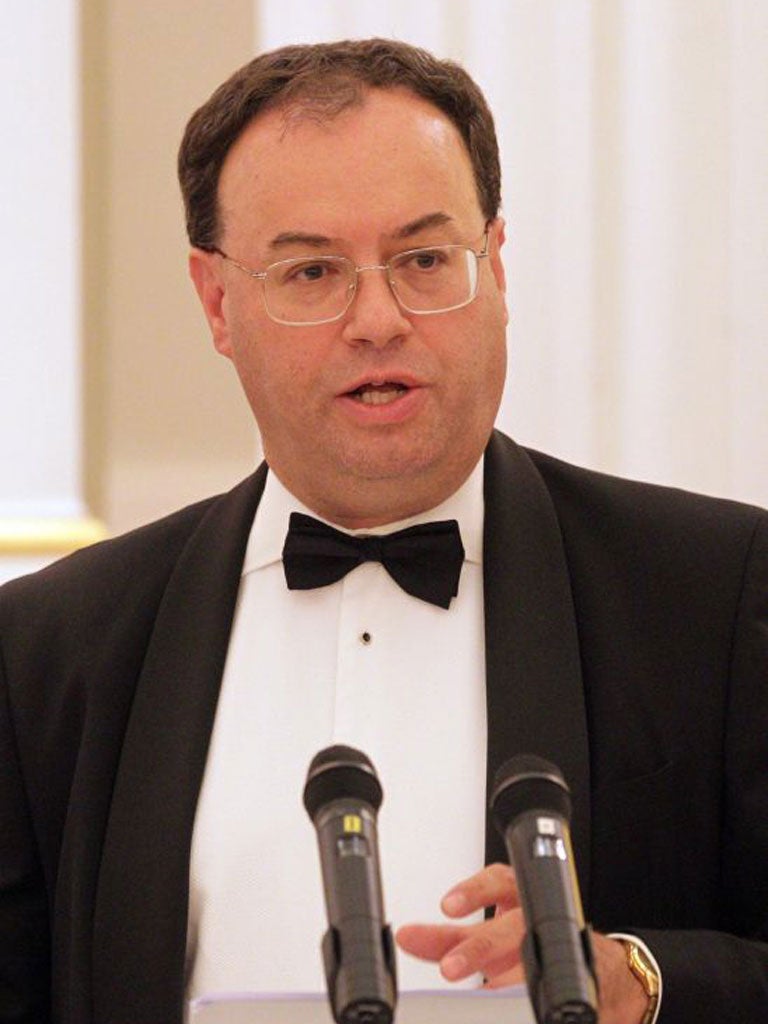Free banking? No. You're just not aware of the cost
A senior banker this week warned no-charge accounts are a myth. Is he right and should they be scrapped?

Your support helps us to tell the story
From reproductive rights to climate change to Big Tech, The Independent is on the ground when the story is developing. Whether it's investigating the financials of Elon Musk's pro-Trump PAC or producing our latest documentary, 'The A Word', which shines a light on the American women fighting for reproductive rights, we know how important it is to parse out the facts from the messaging.
At such a critical moment in US history, we need reporters on the ground. Your donation allows us to keep sending journalists to speak to both sides of the story.
The Independent is trusted by Americans across the entire political spectrum. And unlike many other quality news outlets, we choose not to lock Americans out of our reporting and analysis with paywalls. We believe quality journalism should be available to everyone, paid for by those who can afford it.
Your support makes all the difference.Are you one of the millions that think they benefit from free banking? Not so, according to banking chief Andrew Bailey. The Bank of England director – who is set to be named boss of the new Prudential Regulatory Authority later this year – warned this week that the notion of free banking is a "myth".
Mr Bailey said the practice of offering free banking may have been a primary reason behind the series of mis-selling scandals that have hit financial services in recent years. He said free banking "is a myth because nothing in life is free. Rather it means we pay for our banking services in ways that are hard to link to the cost of products we receive."
He said that consumers must "have a much better sense of what we are paying for and how we are paying". He also warned that banks may not understand the costs of productsand services they supply. "This unclear picture may have encouraged the mis-selling that is now causing so much trouble," Mr Bailey said.
The point he made is that in order to offer free services, banks must increase the profits they make from elsewhere, which is why they went hell-for-leather flogging unsuitable and expensive payment protection insurance in the past decade.
But his words have opened up a debate which could hopefully end up with clearer banking charges. It could mean the end of free banking: indeed, Mr Bailey didn't rule out regulatory intervention to force banks to scrap free offerings.
But that may not be such bad news, if – at the same time – banks were forced to introduce transparent and comparable charges so that customers know how much they're paying and how it compares, said Mike O'Connor, the chief executive of Consumer Focus.
"What mustn't happen is that consumers end up with the worst of both worlds – paying for accounts but still enduring unfair charges, opaque and complex products, mis-selling and poor customer service," Mr O'Connor said.
Richard Lloyd of Which? pointed out the real costs of free banking. "Consumers pay more than £9bn a year in fees and lost interest on their current accounts," he said.
He called for banks to be forced to provide downloadable information so that people can seen clearly how much they pay for their accounts and make one-click comparisons between accounts.
Errol Damelin, a founder of much-criticised payday lender Wonga, said that free banking has long been used by the high street institutions to confuse people about the real charges.
"The true cost of traditional credit and many banking products is not made clear to consumer," he said. "It's a cross-subsidisation model, with many benefiting from low headline rates while others are hit with very high costs for making mistakes or not understanding the terms."
He said that all finance firms should provide transparent services that put the consumer in control.
Michael Ossei of uSwitch agreed. "The real crux of the issue is transparency," he said. "Often customers don't even know what services they are paying for and how much they are paying."
Join our commenting forum
Join thought-provoking conversations, follow other Independent readers and see their replies
Comments